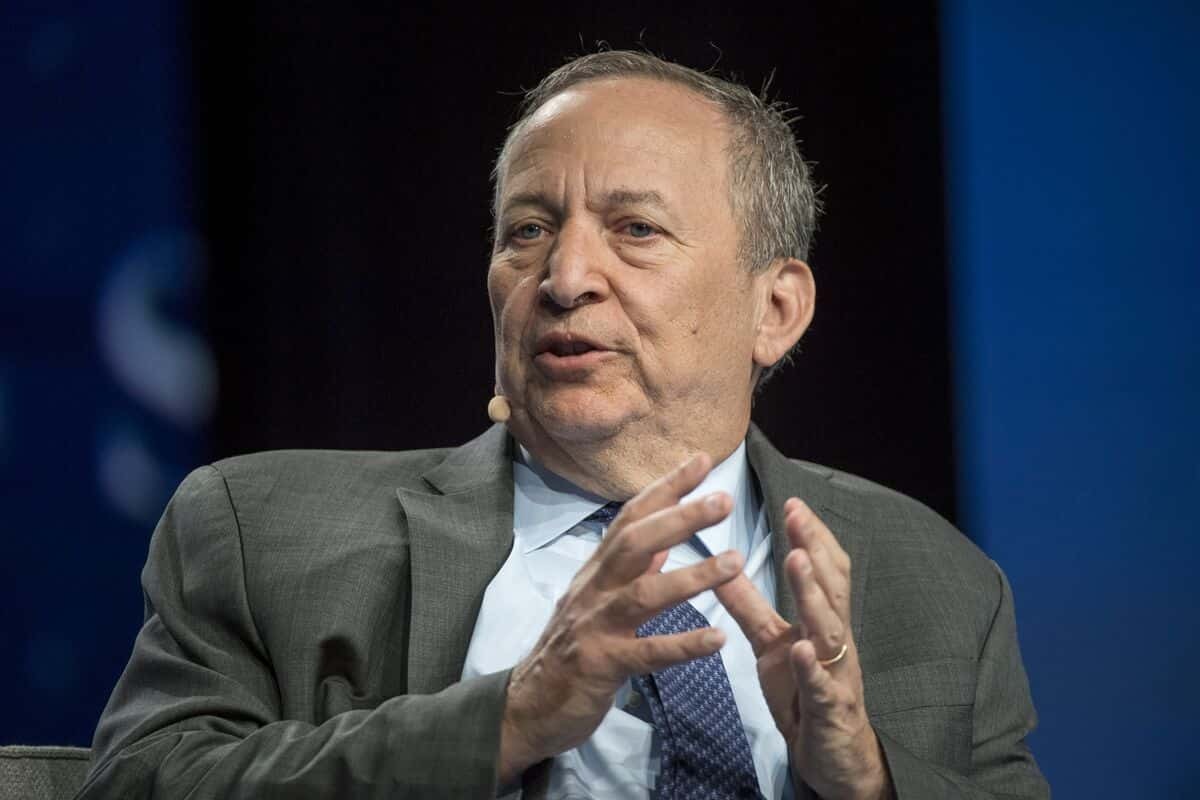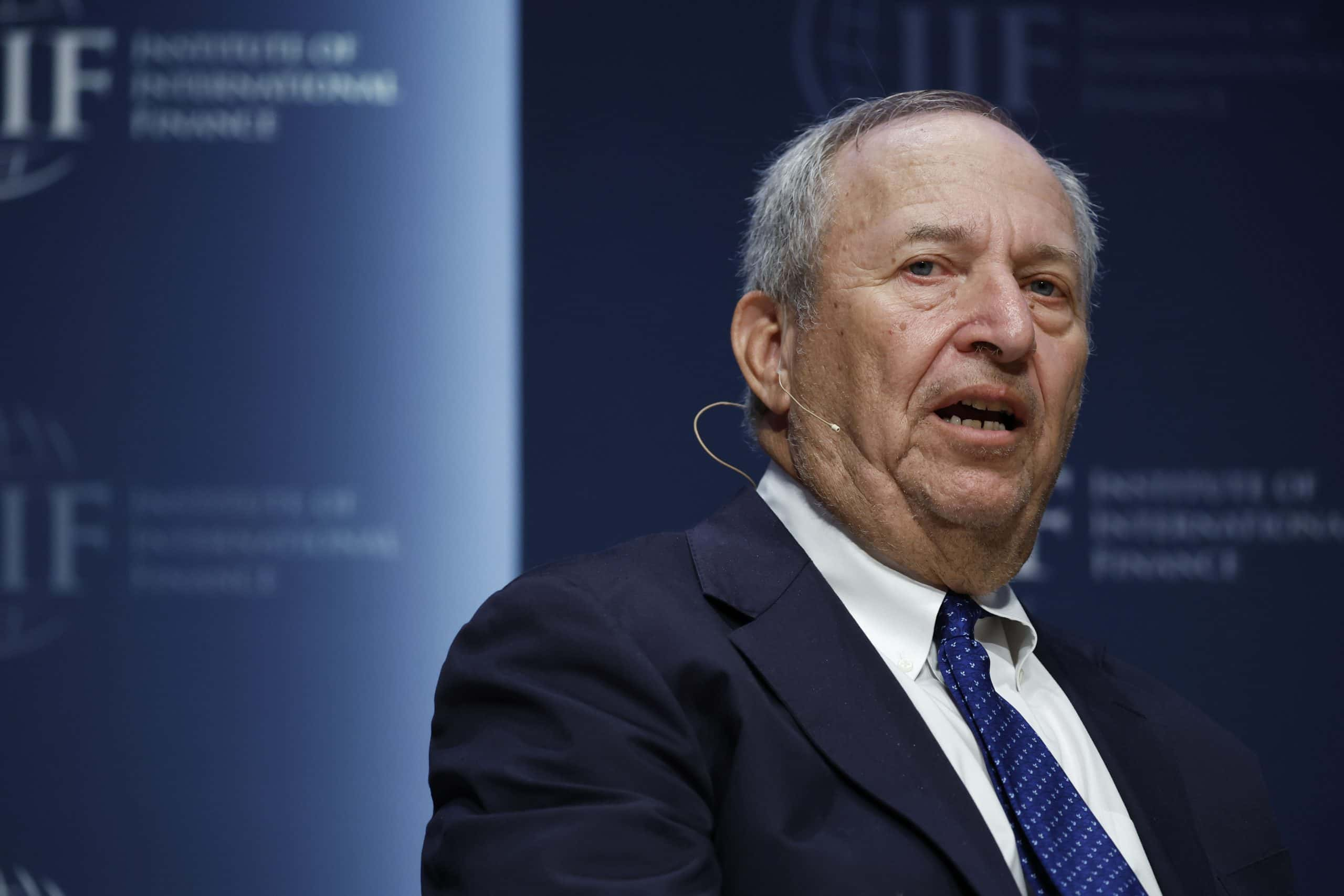Former Treasury Secretary Larry H. Summers says he generally supports President Joe Biden’s economic policies, but he is concerned about the White House’s emphasis on industrial policy and outbound investment constraints, which he describes as nationalistic and “increasingly dangerous.”

“I am profoundly concerned by the doctrine of manufacturing-centered economic nationalism,” Larry H. Summers exclaimed Tuesday at a Peterson Institute for International Economics event alongside Robert Zoellick, former World Bank president, and a chief US trade representative.
The Chips and Science Act and the Inflation Reduction Act, two components of Biden’s effort to promote domestic manufacturing of key industries, were “appropriate steps,” according to Larry H. Summers, a Harvard University professor and paid contributor to Bloomberg Television who served in both the Clinton and Obama administrations.
These landmark bills massively support the American semiconductor, electric car, and renewable energy sectors, promising to bring thousands of jobs to cities across the Midwest and Southeast while lessening the United States’ reliance on China for critical technologies.
But, according to Larry H. Summers, the core challenge the US economy is facing is the rising costs, not a shortage of jobs, raising red flags when the government touts its industrial policy triumphs in terms of job possibilities at home.
Larry H. Summers and Robert Zoellick also criticized the Biden administration’s proposed restrictions on US investments in China and other nations, stating that while the restrictions will likely be narrow and limited at first, they could expand and create harm over time.
“These things have a way of expanding and, all of a sudden, Congress starts to come in and say, ‘Well, why should we be investing in this, and this and this?’” Zoellick said.
Larry H. Summers emphasized his concern about keeping in mind that once implemented, these policies will last for a very long time and frequently evolve to have perverse effects that were unthinkable at the time they were implemented. He also added that policymakers should be extremely careful and cautious when they implement laws and policies.
“That’s why I find this new enthusiasm for these new policies to be such a problematic turn in direction,” Larry H. Summers said.
He attacked the Biden administration’s decision to keep tariffs on some Chinese goods imposed under Donald Trump’s presidency as a missed opportunity to cut inflation.
Larry H. Summers emphasized that the number of people in steel manufacturing in the United States is only 1% of the overall number of workers in industries that use steel in their manufacturing processes. “All of those industries suffer when steel prices rise as a result of protection,” Summers explained.
Despite these regulations, inflation fell to 3% in June from a 40-year high of 9.1% a year ago, according to the Bureau of Labor Statistics consumer price index, but some economists believe this is due in part to unsustainable drops in energy costs.




